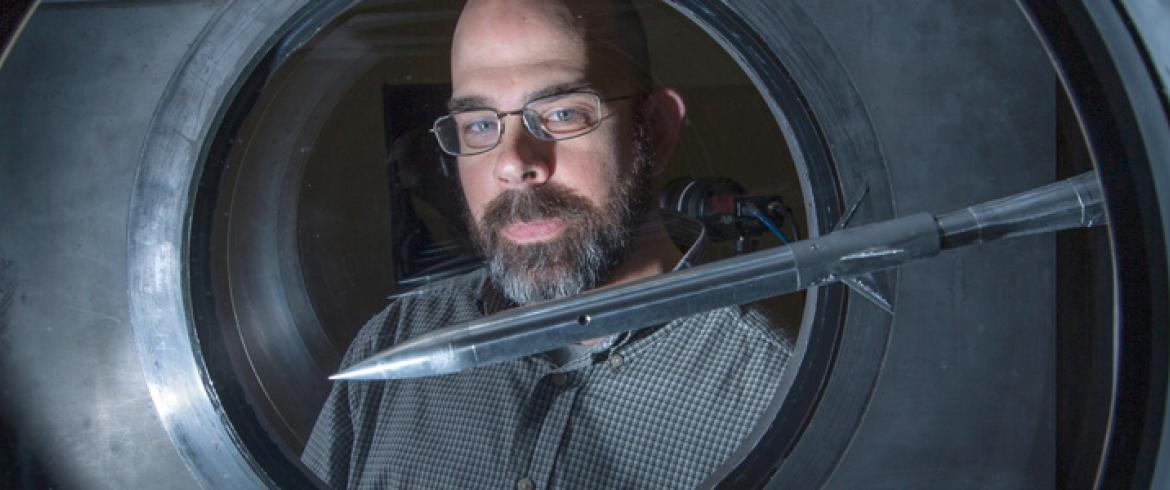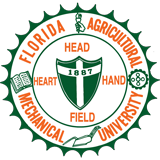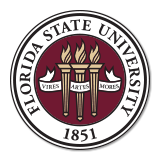
This 60,000-square-foot state-of-the-art facility will support advanced research in aerospace and aviation, mechatronics (robotics) and sustainable energy engineering. When completed in late 2011, the Aero-Propulsion, Mechatronics and Energy Building will house laboratories, equipment, offices and other infrastructure necessary to carry out the university's research mission in several key areas seen as crucial to the economic development of the state and nation.
Among the organizations that will be housed in the $23 million facility are Florida State's Energy and Sustainability Center (ESE), as well as some faculty and staff from the Institute for Energy Systems, Economics and Sustainability (IESES); the university's Center for Intelligent Systems, Control, and Robotics (CISCOR); and the Florida Center for Advanced Aero-Propulsion (FCAAP), a State University System Center of Excellence that is headquartered at FSU.
As its name indicates, the research that will take place within the Aero-Propulsion, Mechatronics and Energy Building will focus on three key areas:
Aero-propulsion
The discipline of aero-propulsion deals with transportation systems and other objects that move through air, influencing the design and fabrication of aircraft, spacecraft, automotive transport, and all manner of vehicles in motion. The relevant research areas cover fundamental science topics such as aerodynamics, fluid mechanics, acoustics, thermal physics and turbulence, as well as practical applications such as combustion improvement, active control of flow separation, supersonic jet noise suppression, lift/thrust enhancement and drag reduction.
Mechatronics
The term mechatronics, a combination of mechanics and electronics, was first used in Japan in the 1960s. From a technical perspective, it is the synergistic integration of mechanical, electrical, control and computer systems to create functional products. Mechatronics has become the enabling technology responsible for industrial innovations in numerous economic sectors, including automobiles, alternative energy, aerospace, electronics and defense. The field of mechatronics generally covers topics such as robotics, micro-electro-mechanical-systems (MEMS), intelligent systems, automated guided vehicles and smart materials.
Energy
Seeking new energy resource that are more efficient and cost-effective and that minimize effects on the environment is among the most critical issues that the world will have to grapple with in the 21st century. The Aero-Propulsion, Mechatronics and Energy Building will house research labs for organizations that are focused on exploring reliable, affordable, safe and clean energy technologies, including projects such as Florida State's Off-Grid, Zero-Emission Building; solar-thermal systems; a photo bioreactor for algae growth; and fuel-cell and advanced battery technologies.
Next-Generation Polysonic Wind Tunnel
On September 1, 2010, the National Science Foundation awarded the Florida Center for Advanced Aero Propulsion (FCAAP) $3.2 million for the development of a next-generation Polysonic Wind Tunnel. The wind tunnel will create a unique shared resource to produce fundamental advances in gas dynamics and material science as well as develop transformational flow control technologies. The wind tunnel will be housed at FSU in the Aero-Propulsion, Mechatronics and Energy Building.

